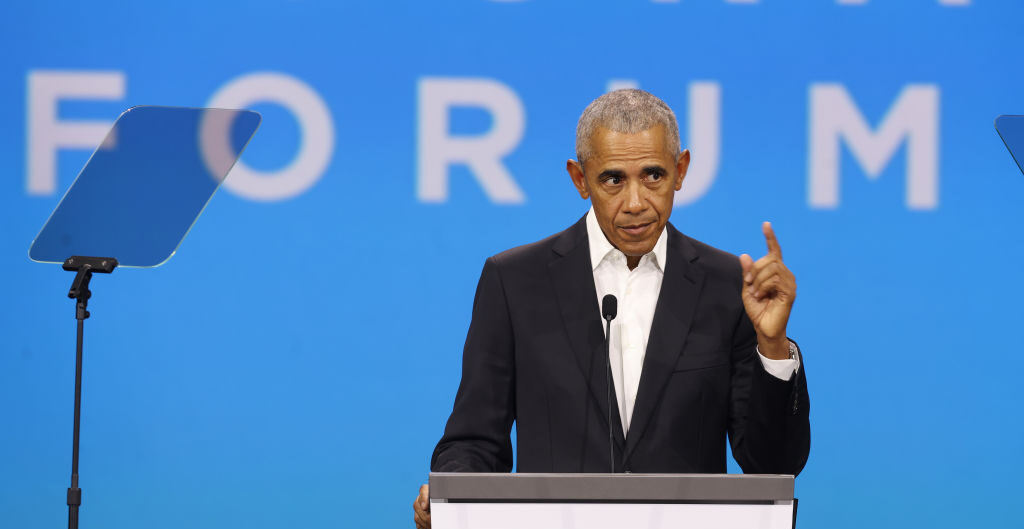
October 24, 2025
Thousands Attend Mass To Honor The Iconic Celia Cruz’s100th Birthday After Cuban Officials Cancel Performance
Due to her opposition of Fidel Castro, Cruz's legacy remains in conflict with Cuban government.
Thousands in Cuba flocked to a mass service in honor of the 100th birthday of the late Celia Cruz.
The community took the celebration of the legendary salsa singer into its own hands after the Cuban government canceled a commemorative performance at the Cuban Art Factory. Many called the cancellation, for which officials offered no explanation, an act of censorship.
Cruz was known for her activism as much as her music. The Afro-Latina singer rose to fame in the 1950s, becoming a Latin music icon as the “Queen of Salsa.” She remains a beloved figure in the Latin community, especially in her home country. A staunch voice against Fidel Castro’s regime, she sought asylum in the U.S. in 1960, never returning to her birthplace of Havana.
However, Cubans still remember her artistry and legacy in uplifting the people. On her birthday, they recall the joy and culture she represented through her music. The large crowd gathered at the Basilica of La Caridad in El Cobre to pay tribute to the singer. Born on Oct. 21, 1925, Cruz died in 2003.
“She was an ambassador of Cuban music, of Cuban rhythms in the world… of our flavor, of our dances, of our joy, of ‘that’ contagious thing,” said Father Ariel Suárez during his homily, as reported by AP News. “I thank God because she brought joy to many people, because she made Cuba a presence in the world.”
Local contemporary artists also flocked to the church to pay their respects to the woman who put Cuban music on the map. An artists’ cohort brought the service for Cruz into fruition.
Known for her popular phrase of “Azucar!, Cruz gained international fame despite her music being left out by government-controlled media. Despite the love from the people, the Cuban government still has contentious relations with her legacy. The cancellation of the tribute performance by the state-run National Center for Popular Music suggests that even decades later, her opposition to Castro has led to the persistent suppression of her impact.
However, the people of Cuba refuse to let her legacy fall by the wayside.
“They have spent 60 years trying — without success — to tarnish one of the most extraordinary trajectories of life in the cultural sphere in defense of an identity, with an unflinching sense of belonging,” shared musicologist Rosa Marquetti on Facebook.
Despite the show’s axing, the Cuban Art Factory placed a chair lit with overhead lights on stage for the entire slotted time—the symbolic effort sought to show that Cruz will never be forgotten by her people.
RELATED CONTENT: Celia Cruz Honored As The First Afro-Latina To Be On A U.S. Coin












